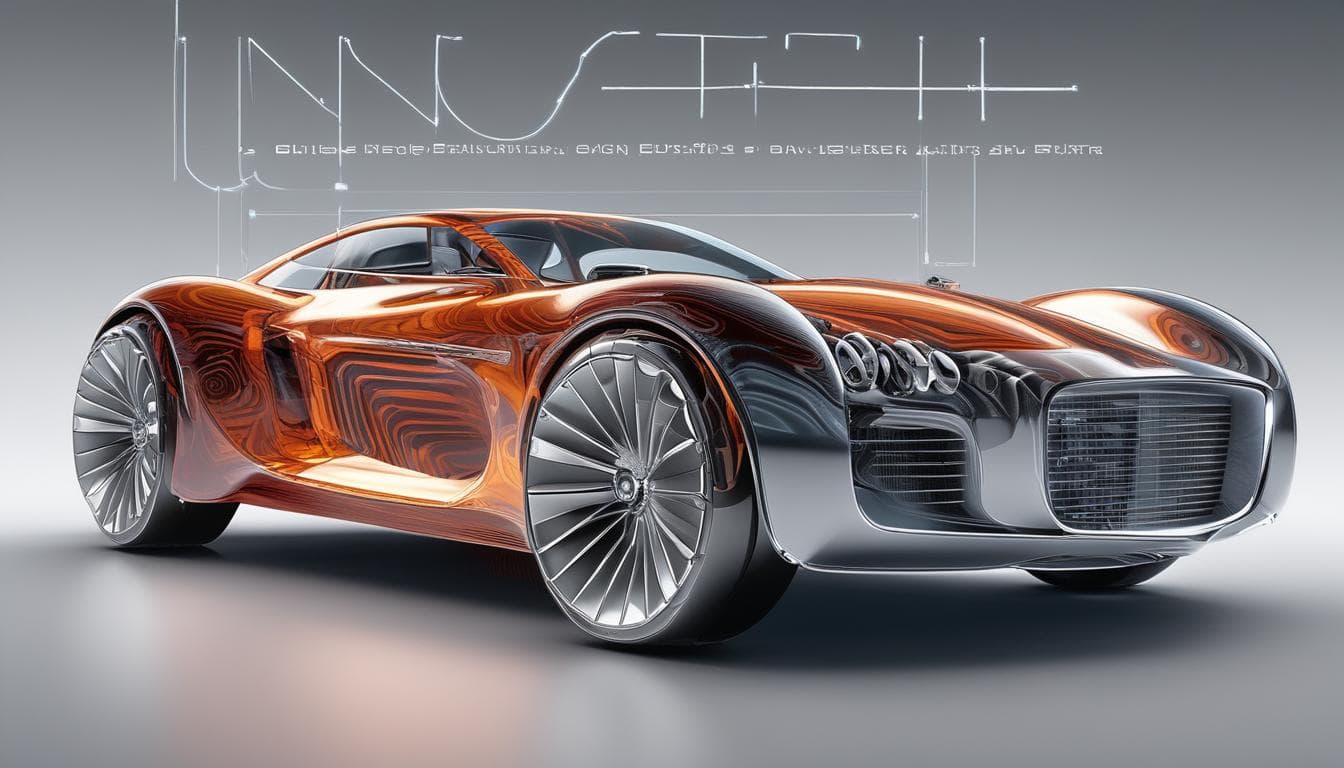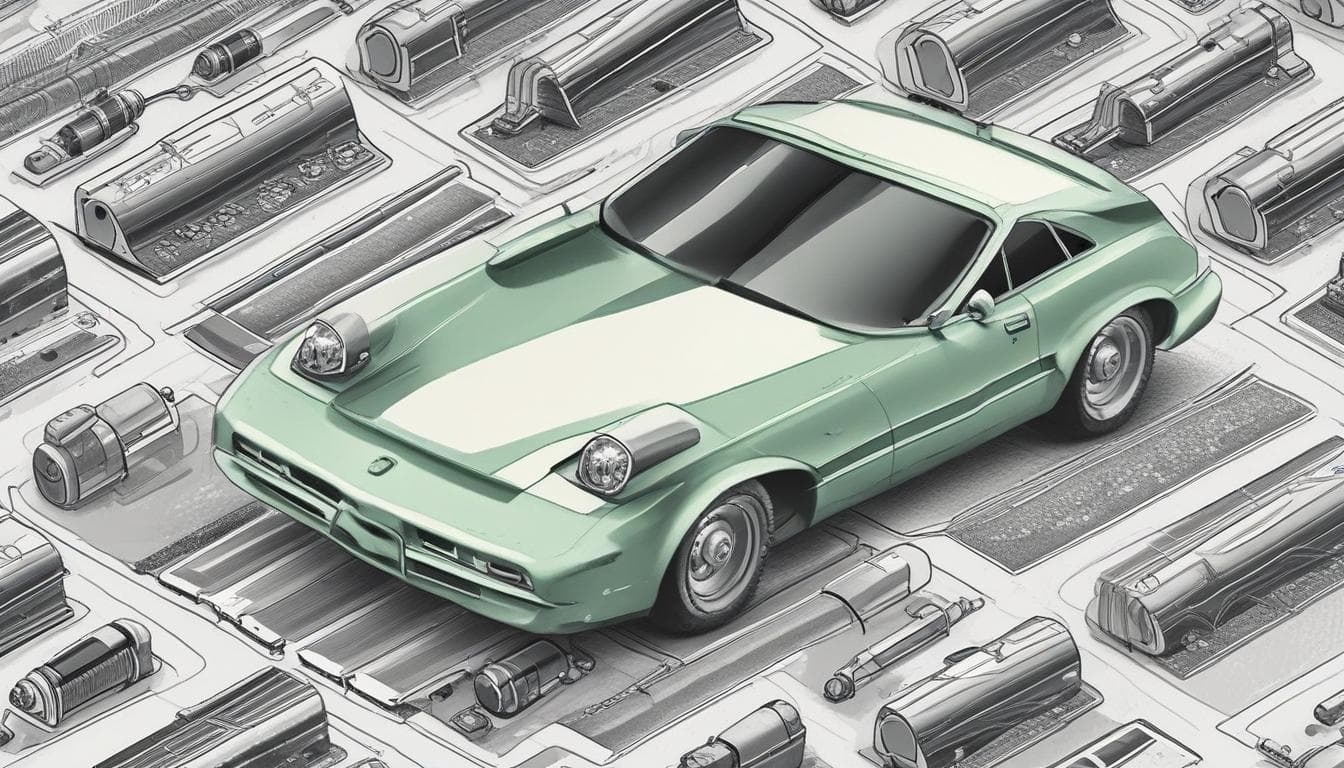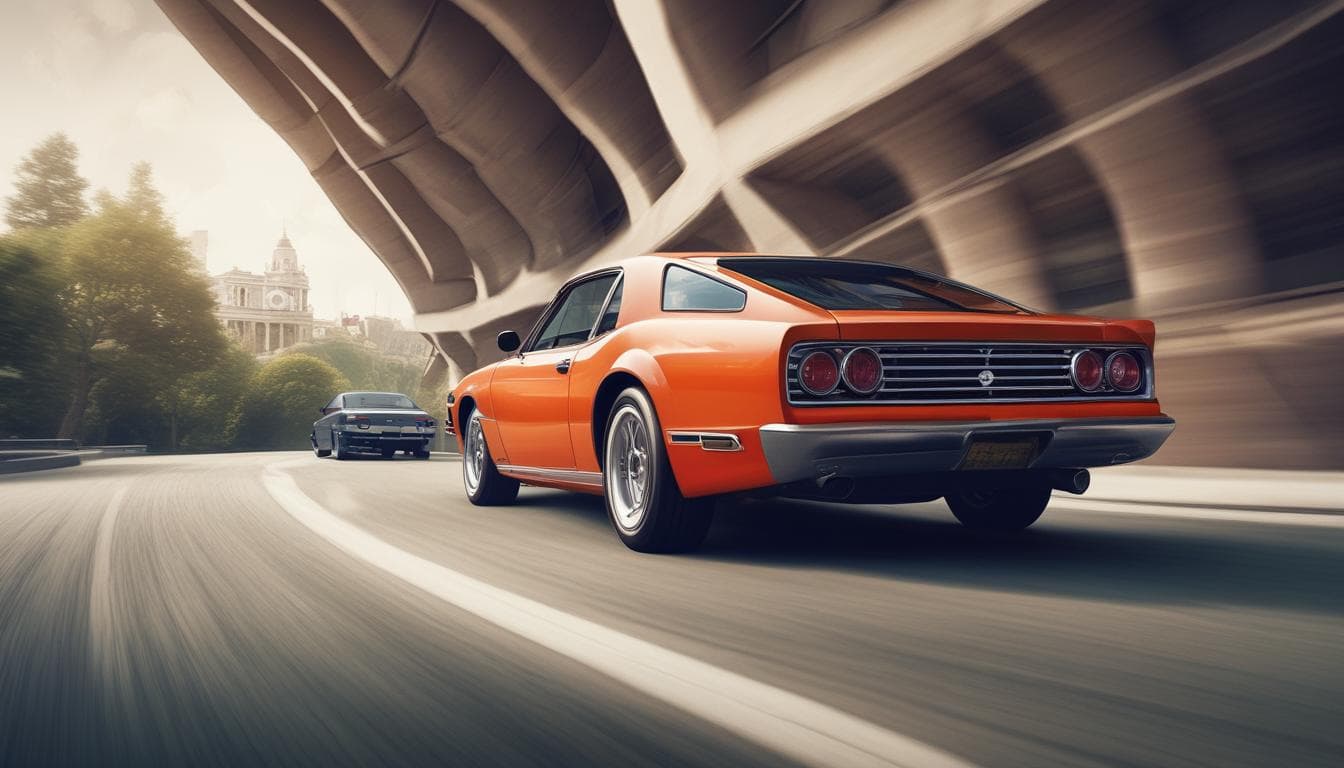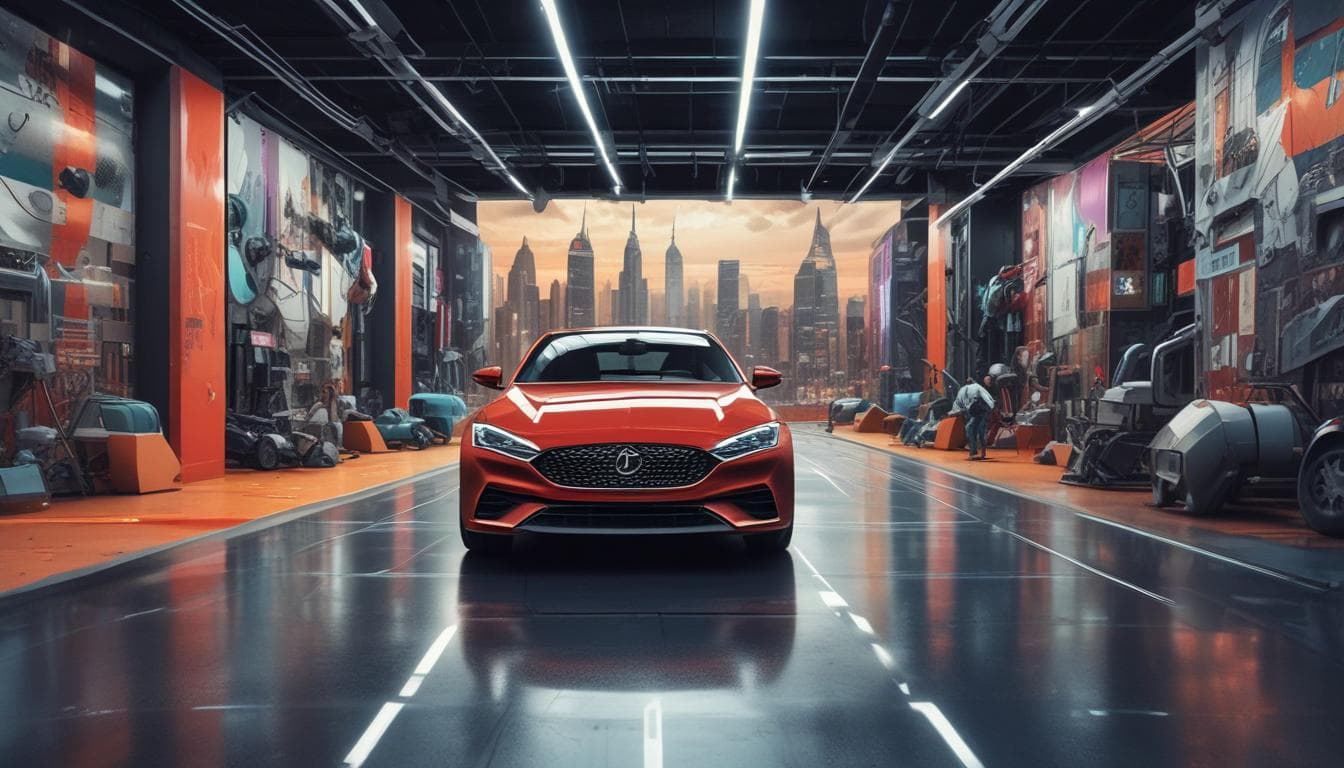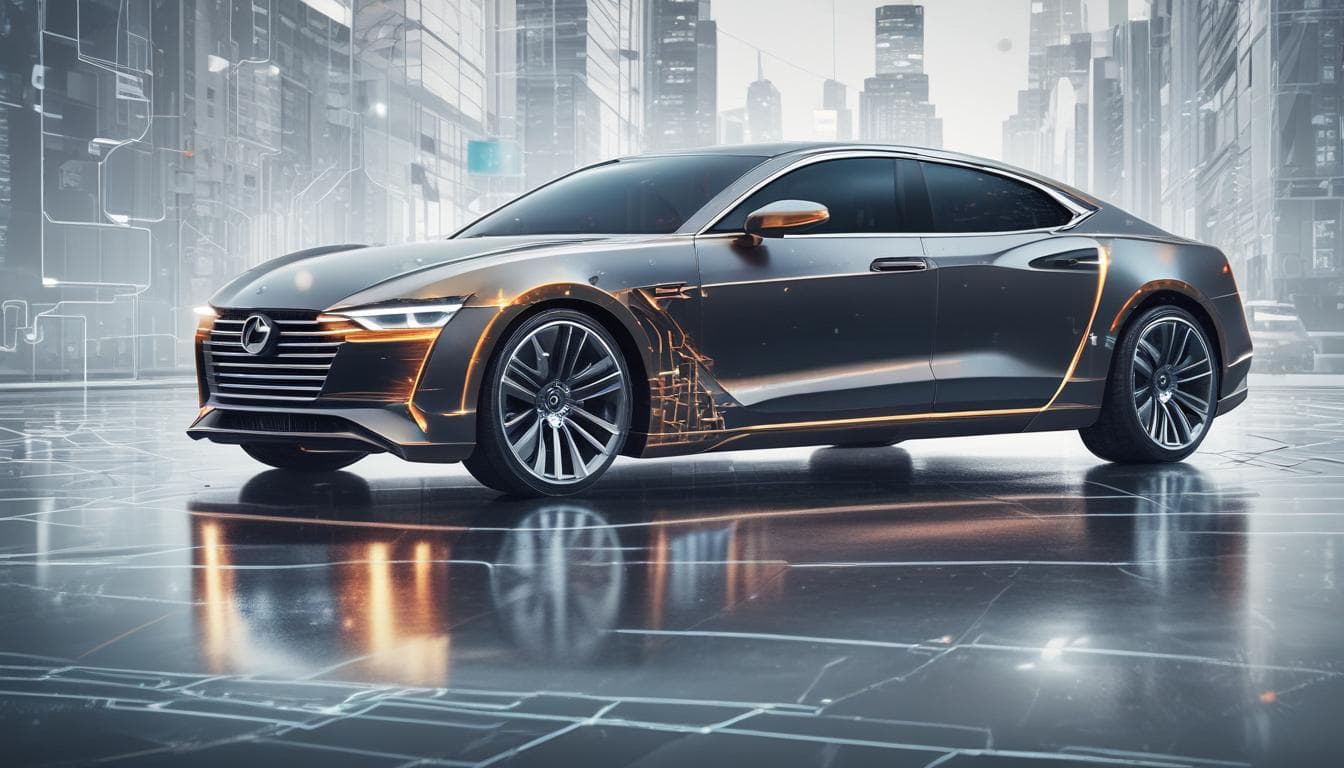With the increasing sophistication of AI in vehicles, how might the role of the "automotive critic" evolve? Will AI-driven analysis replace human perspectives on car design, performance, and cultural impact, or will a new form of critique emerge, blending human intuition with data-driven insights?
That's a fascinating question! I believe AI will significantly impact automotive criticism, but not necessarily replace human critics entirely. Here's my take:
-
Data-Driven Insights: AI can analyze vast amounts of data related to vehicle performance, safety, and reliability. This offers a new level of objective evaluation, complementing traditional subjective reviews. Imagine AI generating reports on a car's real-world efficiency, predictive maintenance needs, or even personalized driving experiences based on user profiles. This data-driven approach can be incredibly valuable for consumers.
-
The Human Element: While AI excels at objective analysis, the human element of automotive criticism remains crucial. Aesthetics, driving feel, cultural impact – these aspects require subjective interpretation and nuanced understanding. Think about the emotional connection we have with cars; AI can't replicate the human experience of driving a classic roadster on a winding coastal road. For more on this evolving landscape, check out this insightful article on the AI revolution in automotive.
-
A New Form of Critique: I envision a future where human critics leverage AI insights to enhance their reviews. Imagine a critic using AI-generated performance data to support their subjective impressions of a car's handling. This blend of human intuition and data-driven insights could lead to a more comprehensive and informative form of automotive criticism. This aligns with the trends discussed in the rise of software and feature subscriptions in cars, where data plays an increasingly important role.
-
New Avenues for Critics: AI might even open up new avenues for automotive criticism. Critics could specialize in analyzing and interpreting AI-generated data, focusing on areas like user experience, personalized features, and the ethical implications of AI in vehicles. This is particularly relevant given the increasing prevalence of topics like automated vehicle inspections.
In conclusion, I believe AI will revolutionize automotive criticism, not by replacing human critics, but by augmenting their abilities and opening up new possibilities. It's an exciting time for the industry, and I'm eager to see how this evolution unfolds.
Explorez plus sur ce sujet
Rejoignez la conversation
- Voitures-potagers : l'agriculture urbaine en mouvement ?
Et si nos voitures se transformaient en jardins mobiles ? Imaginez les toits et capots couverts de verdure, produisant des aliments frais lors de nos trajets. Explorons les implications pour nos villes, notre alimentation et l'industrie automobile, ainsi que les défis technologiques et logistiques à surmonter.
- Voitures : Plateformes mobiles de création artistique ?
Et si les voitures devenaient des espaces de création artistique ? Imaginez composer de la musique, écrire ou peindre en réalité augmentée pendant vos trajets. Comment l'industrie automobile peut-elle s'adapter et quelles seraient les implications pour l'expérience du voyage ?
- Voitures : Plateformes d'art numérique mobiles et immersives ?
Et si nos trajets quotidiens devenaient des expériences artistiques ? L'IA et la réalité augmentée pourraient fusionner art, mobilité et environnement urbain. Quelles implications culturelles et sociales ?
